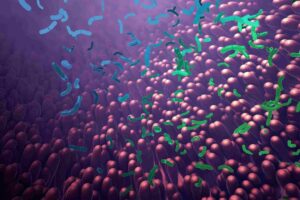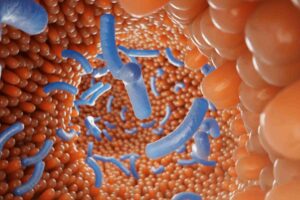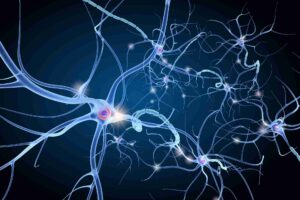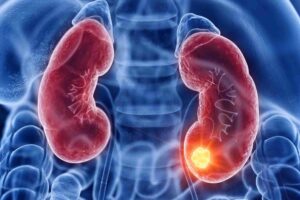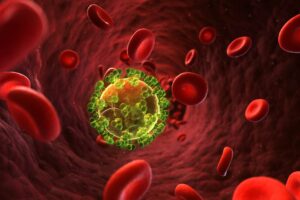Immunology
Gastroenterology, Immunology
The findings of a new research show that gut bacteria can become harmful over time by gaining the ability to escape the intestine and persist in other organs where they…
Immunology
The findings of a new research may inform strategies for treating intestinal diseases by targeting pathogens without killing beneficial gut bacteria.
Immunology
The findings of a recent study suggest that the production of inositol lipids is common in Bacteroidetes and other gut-associated bacteria, and it may be a means of cross-kingdom communication.
Immunology, Neuroscience
The impact of age-induced microbiota alterations facilitates the accumulation of CML metabolite in the microglia of mice and humans.
Immunology, Oncology
Researchers have found that a specific microbial metabolite may boost the efficacy of anticancer therapy in people with TNBC. The findings could inform the development of improved treatments for TNBC.
Immunology, Oncology
Researchers have found that combining a probiotic product with immunotherapy may boost anti-tumor responses in people with advanced kidney cancer.
Immunology, Oncology
A high-fiber diet may improve melanoma patients’ response to immunotherapy. A new study published in Science claims.
Gastroenterology, Immunology
Gut microbes seem to regulate the number and function of immune cells of central nervous system. A new study published in The EMBO Journal claims.
Immunology
the microbiota plays a key role in the resolution of inflammation and the recovery of immunity after HIV treatment. A new study published in Cell claims.
Gastroenterology, Immunology
A new study published in Cell Host & Microbe could pave the way for using phages as biomarkers for the condition of rheumatoid arthritis.
